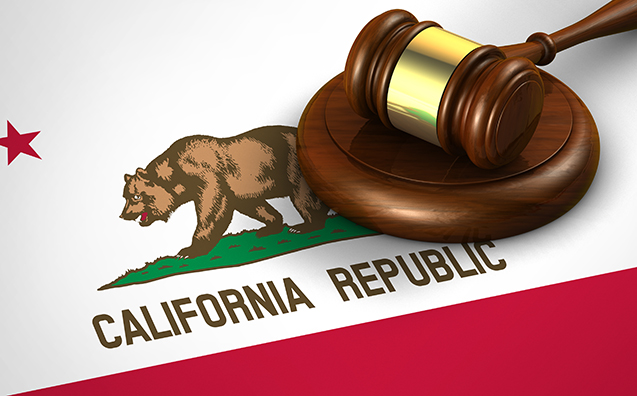One of many wage and hour rules that employers must follow in California is the requirement of Labor Code section 2802 to reimburse employees for work-related expenses. While the requirement is straightforward, questions have arisen regarding whether the requirement applies to both private and public employers.
Generally, if a Labor Code section does not expressly apply to public entities, they are exempt from its rule. Labor Code section 2802 is silent on whether it applies to public employers, which was an issue in a recent expense reimbursement case. In a win for public employers, the California Court of Appeal confirmed that Section 2802 does not apply to public employers (Krug v. Board of Trustees of the Calif. State Univ., B320588, 4/1/25).
Work Expenses Related to Remote Teaching
When the COVID-19 pandemic began in March 2020, the Board of Trustees of the California State University (CSU) ordered all classes to be held remotely. Plaintiff Patrick Krug, a professor at CSU Los Angeles, was unable to access his office and pick up his CSU-provided computer and printer, so he purchased a computer and other home office equipment to be able to teach remotely and then requested reimbursement from CSU for the expenses he incurred. CSU denied his request for reimbursement.
Class Action for Expense Reimbursement
Krug filed a class action complaint against CSU, alleging a claim for failure to reimburse business expenses under Labor Code section 2802. Krug also alleged a claim under the California Private Attorneys General Act (PAGA) based on the alleged Labor Code violation. CSU filed a demurrer to the complaint, asking the court to dismiss the case because, as a public employer, it was not subject to the requirements of Labor Code section 2802 and if there was no Labor Code violation, there could be no PAGA claim. The trial court agreed and dismissed the case.
Krug appealed and the Court of Appeal affirmed the trial court’s decision. Krug then appealed to the California Supreme Court, which granted review pending its decision in Stone v. Alameda Health System.
The California Supreme Court issued its decision in Stone, holding that various provisions of the Labor Code did not apply to public employers and that public employers were exempt from PAGA claims. After issuing its decision, the Supreme Court remanded the Krug case to the Court of Appeal for reconsideration in light of its decision in Stone.
Court of Appeal Affirms Dismissal of Expense Claim
On remand, the Court of Appeal considered whether Labor Code section 2802 applied to public employers and concluded that it does not. The dismissal of the PAGA claim was not at issue because Krug conceded the claim was no longer viable.
The court followed the analytical framework used by the California Supreme Court in Stone, which involved first looking at the plain language of Section 2802. The court found that the statute was silent on whether it applied to both private and public employers, so it then examined extrinsic aids to interpret the statute, including the statutory structure and legislative history.
The Court of Appeal concluded that the Legislature intended to exclude public employers from the requirements of Labor Code section 2802. The Court’s holding was based on its findings that the Legislature:
- Declined to expressly apply section 2802 to public employers, as it did in the workers’ compensation laws that were enacted at the same time as section 2802;
- Declined to expressly apply section 2802 to public employers, as it did with other sections of the Labor Code;
- Declined to amend section 2802 to apply to public employers when it added or amended other provisions in the same article of the Labor Code; and
- Expressly made section 2802 applicable to public employers only in the limited context of reimbursement for employer-required training in public hospitals.
Given its conclusion that section 2802 does not apply to public employers, the court held that CSU was not obligated to reimburse employees for work-related expenses, and it affirmed the lower court’s dismissal of the case.
Concerned about wage and hour and PAGA compliance? CalChamber members can use the Wage and Hour Payroll Audit Checklist for California Employers on HRCalifornia. Not a member? CalChamber’s PAGA Wage and Hour Compliance Toolkit can help you.
